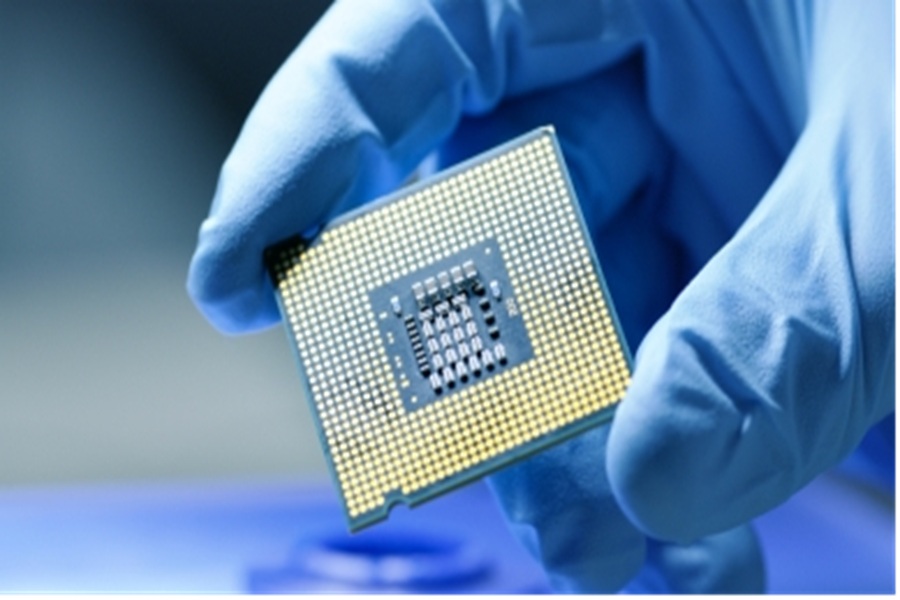NaMo Semiconductor Lab to strengthen India`s chip design ecosystem & boost `Make in India` drive: MeitY

In a major step towards strengthening India’s semiconductor ecosystem, Union Minister of Electronics and Information Technology, Ashwini Vaishnaw, has approved the setting up of the ‘NaMo Semiconductor Laboratory’ at IIT Bhubaneswar, Ministry of Electronics & IT (MeitY) said on Sunday.
The project, estimated to cost Rs 4.95 crore, will be funded under the MPLAD Scheme.
The NaMo Semiconductor Lab aims to empower India’s youth with industry-ready semiconductor skills and contribute to the country’s growing pool of chip design talent.
“It will help position IIT Bhubaneswar as a leading centre for semiconductor research, training, and innovation,” the ministry said.
“The facility is expected to play a key role in preparing skilled professionals for the upcoming chip manufacturing and packaging units across the country,” the ministry added.
The new lab will act as a catalyst for the ‘Make in India’ and ‘Design in India’ initiatives by supporting research and innovation in semiconductor design and fabrication.
Bharat currently accounts for 20 per cent of the world’s chip design talent, with students from 295 universities using advanced EDA tools provided by the industry.
So far, 28 student-designed chips from 20 institutes have been successfully developed at SCL Mohali.
IIT Bhubaneswar was chosen for the lab due to its growing role in semiconductor research and its existing infrastructure.
Odisha has recently received approval for two semiconductor projects under the India Semiconductor Mission -- one for an integrated facility focused on Silicon Carbide (SiC)-based compound semiconductors, and another for advanced 3D glass packaging.
The institute already houses the Silicon Carbide Research and Innovation Centre (SiCRIC), and the new lab will further enhance its cleanroom and R&D capabilities.
The proposed NaMo Semiconductor Lab will include essential equipment and software required for semiconductor design, training, and fabrication, with Rs 4.6 crore allocated for equipment and Rs 35 lakh for software.




















